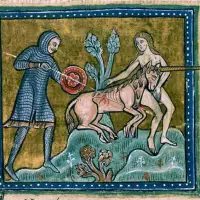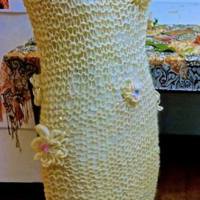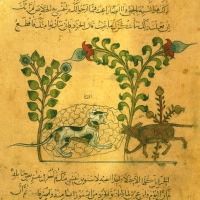
- Maxie is the newest addition to our animals – a really beautiful dog and, although only about 3 months old, is already a good watch dog.
However, yesterday he fell quite ill – there are so many illnesses here in the tropics that attack livestock and pets. So I began treatment. There are no vaccines here in Burundi except for Rabies. And there are no functioning vet labs.
As a result of civil war, most of the qualified veterinarians and animal scientists left the country and for those who remain, there has been little to no updating of animal health skills.
Hence, treatment is best done as a broad-based attack using several drugs, hoping to minimize or remove the animal’s illness – and-or minimize pain.
For Maxie, I used a drug for theileriosis, which is a debilitating tick-borne disease, together with a broad-spectrum antibiotic for possible infections, and Vetalgine – which a very good analgesic. I do all of the treatments of our stock and pets myself – and purchase medical supplies locally.
Colleagues in the animal health faculties of several South African universities, as well as in Kenya and Australia, understand the restrictions we’re operating under and provide advice, as necessary. Given the lack of training that should accompany restocking projects in Burundi, I conduct training for NGOs in basic health and medical care for goats (the largest group of livestock owned in the country).

Men and women who have just received goats as part of a training exercise.

In-house work during a training

Learning to age a goat by its teeth
.

Irish milk goat. exotic breeds do not thrive in the tropics and need much more care than indigenous goats. Wikipedia
Well, so – back to Maxie… I don’t hold out too much hope for him, the next 24-48 hours will be critical. He does not want to drink water and if that continues I’ll have to give an IV… Life in the tropics… Gearing up from years of civil war and unrest is a never-ending and totally challenging task.
More information is available on the following site, which we’ve developed not only to assist livestock owners and trainers in developing countries, but also to provide information for the industrialized world, where understanding of livestock conditions in the tropics and non-industrialized countries is often lacking:
Heart of Africa: Burundi Goat Rehabilitation Project
Related articles
- A dilemma for Burundi’s war veterans: peace and poverty or return to arms? (guardian.co.uk)
- World Rabies Day – Sept. 28 – Strives to Make Rabies History; AVMA Releases World Rabies Day Message on Video (prnewswire.com)
- Environmental health risks of livestock farming (eurekalert.org)
- Correct halal goat production and processing offers bright prospects (tuklasinnatin.wordpress.com)
- The things you learn at goat school! (macleans.ca)


























Pingback: Cuisine and Crops in Tropical Africa – Colonial and Contemporary « Dianabuja's Blog
Pingback: Dogs and Animal Health Care in the Tropics « Dianabuja's Blog
Pingback: Homemade Vaccines in Africa, Then and Now « Dianabuja's Blog
Dear Diana,
It is a sad story about a pet (Dog) got sick and don’t know what to do. Well, the Tropics is where almost all Pharmaceutical companies are conducting their research and development of their manufactured and newly developed drugs and yet most of these underdeveloped countries does not have Health Care (Man and Animal) Facilities supported by these companies. Your case (pet dog) you did not mentioned other symptoms, such as; blood in the feces, etc. or external or internal manifestation on the animal. In my experience: processed commercial dog food if given in it’s basic form is what I noticed is the primary cause of diseases now a days. On the email bulletin I subscribed, there is a relationship that pets died younger than their normal life span because of the chemicals (preservatives) the suppliers of food ingredients they used in the formulation of their feeds. Most notable caused of cancers, organ failure e.g. kidney, liver, digestive tract and blood now in animal. If your dog is still living ,give him, rice or bread mixed with your left-over food on the table and turmeric powder, sugar and soy sauce to perk up the smell and favor of the meal, if he can eat, Human antibiotics or antibacterial drugs can do the trick too if blood is present in his feces. The local scientists should be the ones to try and discover what our indigenous plants, animals and other matters has to offer for our own survival no more, no less. I hope my comment can be of help.
LikeLike
Thomas, thank you for your thoughts – and in fact, we make all our own animal food here in Burundi because there is no commercial food. Maxie, the dog, has recovered though is a little weak. We don’t have labs that function here for animals, and with many years in Africa both caring for various types of animals, I usually can manage. Maxie may have had either distemper or a bad infection (eating something on the beach here). Last year I had a dog with distemper and was able to bring it back. We have no vaccines here except for distemper. Again, thanks for your kind words.
LikeLiked by 1 person
Pingback: More on Eating Weeds, Insects, and Creepy-Crawlies « Dianabuja's Blog
Pingback: Huts & Votive Offerings in 19th Century Africa « Dianabuja's Blog